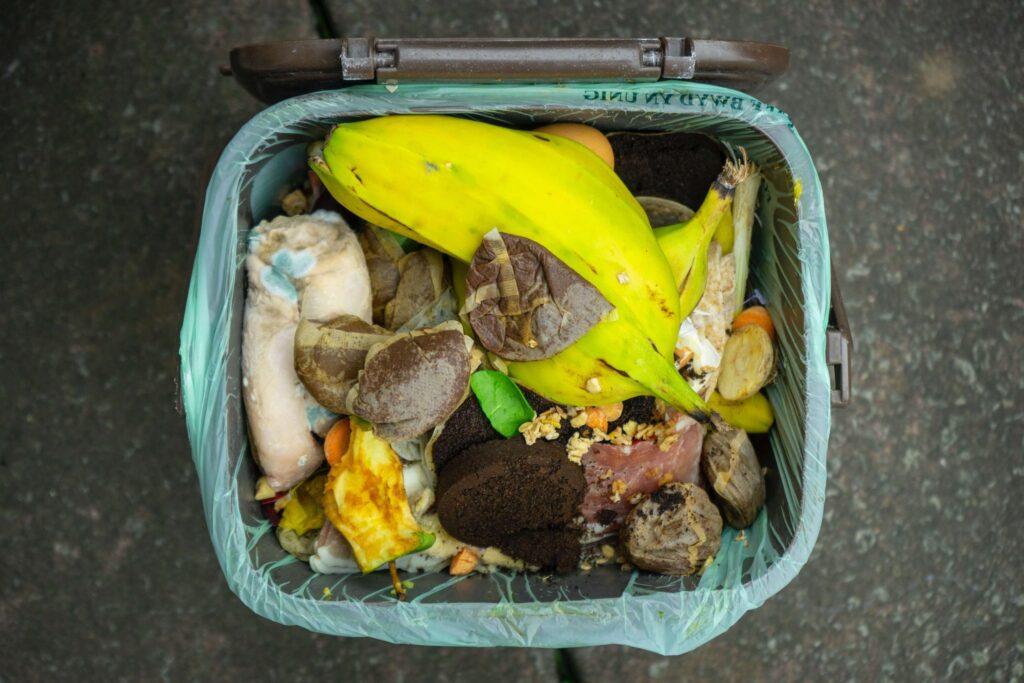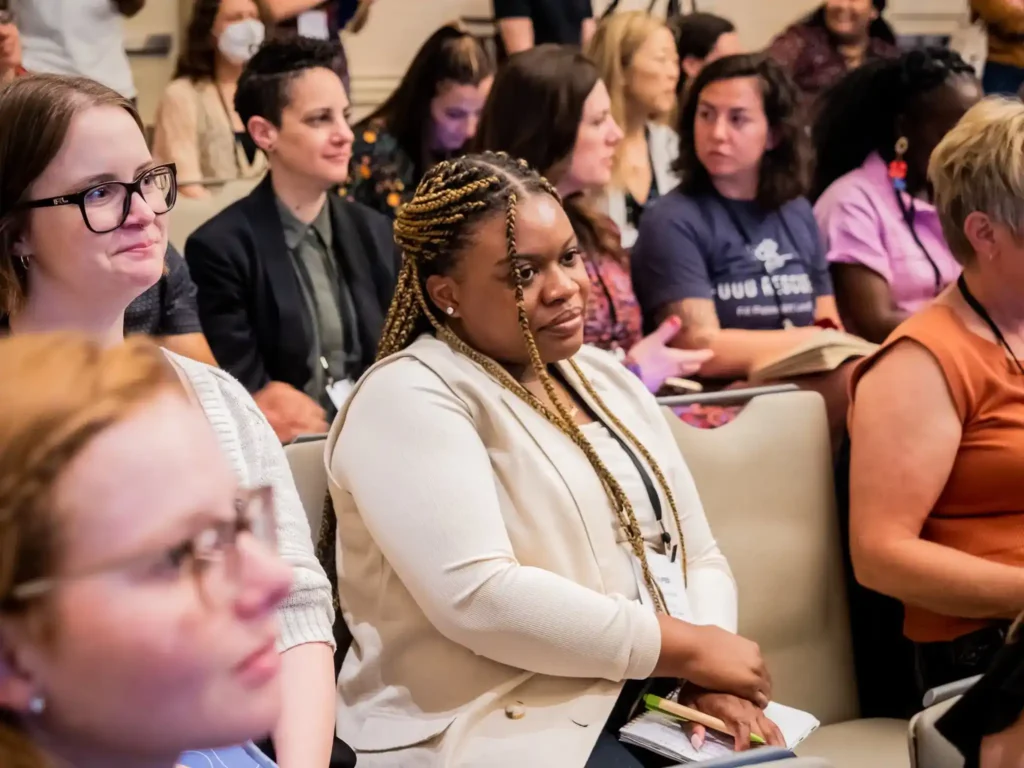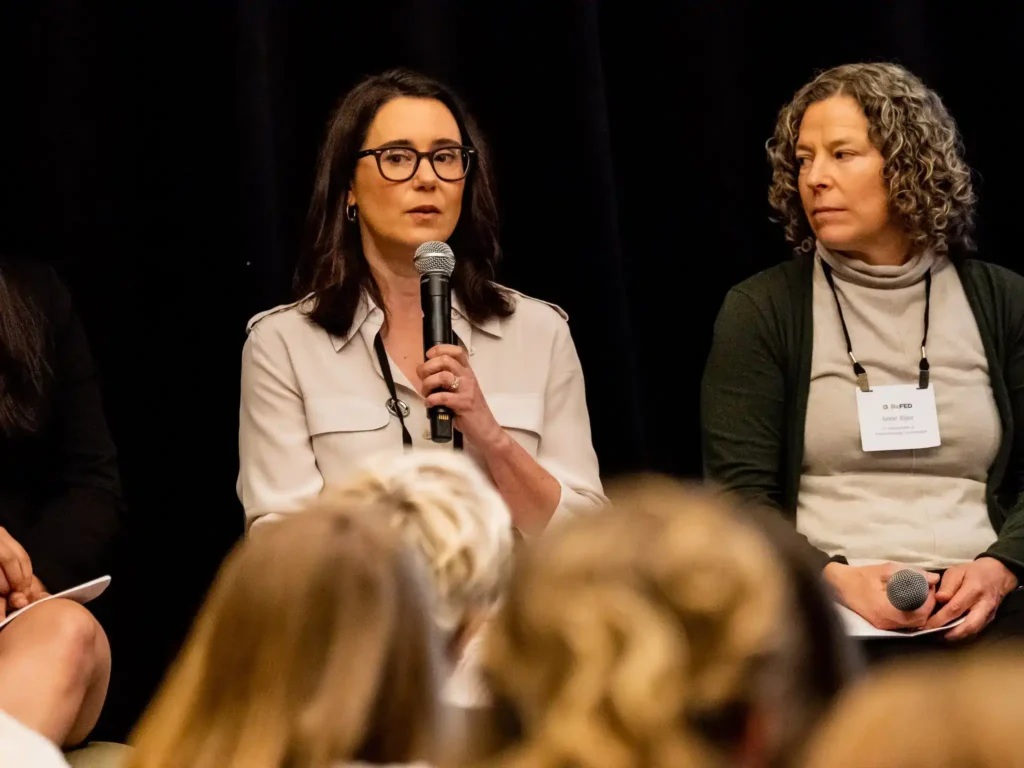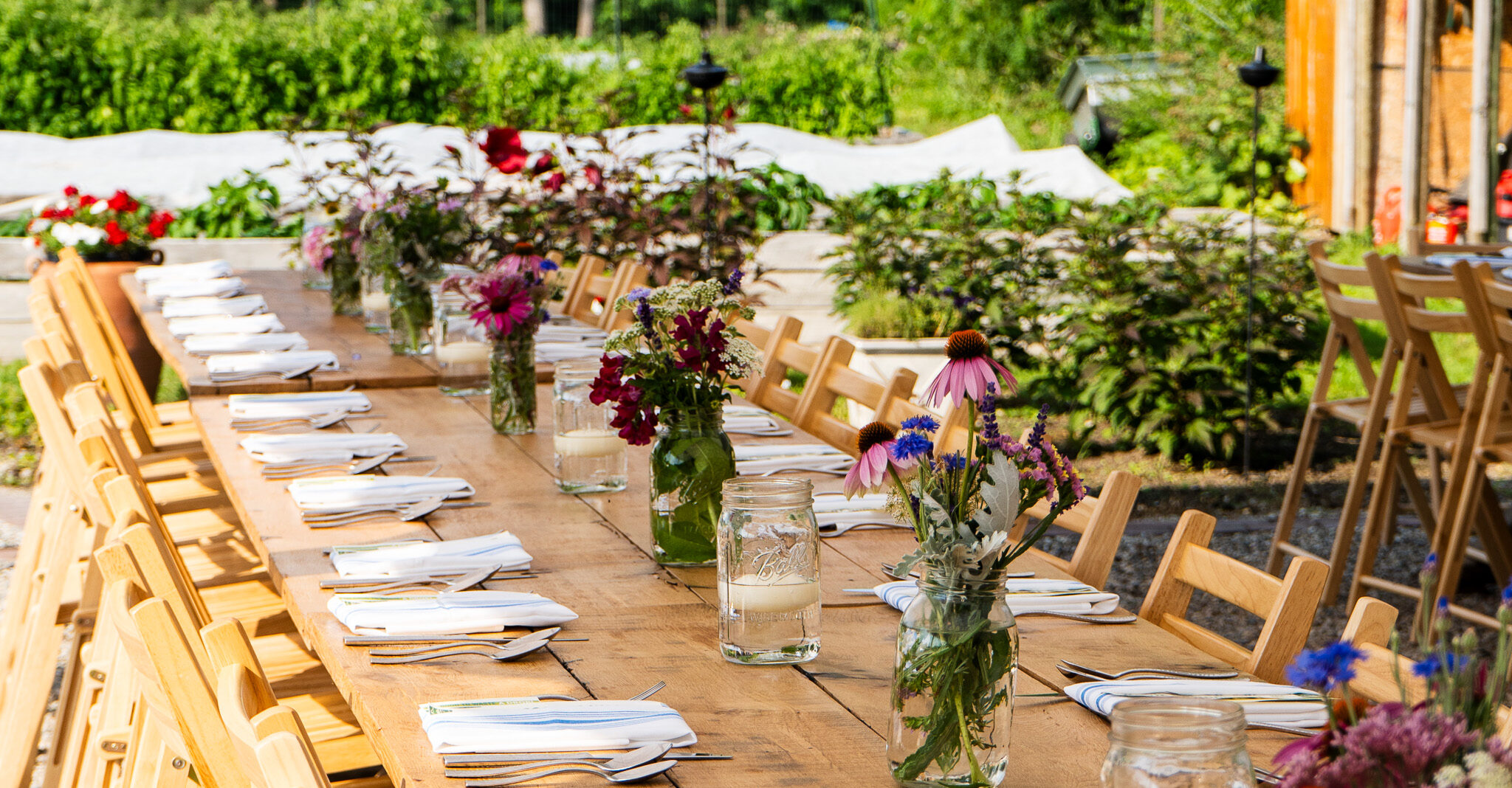At Gesu Catholic School in Northwest Detroit, elementary and middle school students are protecting the planet, looking out for their classmates, and saving the school money. A few simple changes in the cafeteria made all the difference.
The school is working toward a goal of creating zero waste, and a large component of this challenge was looking into reducing cafeteria food waste.
At the end of last year, Gesu tossed about fifteen bags of cafeteria waste each day. This year, the school has cut that amount back by a whopping 87%. Now, the custodial person can make one trip to the dumpster per day—with just one bag in each hand. In trash bags alone, the school saves $150 every four weeks.
What’s different this year?
Stocked share tables
The school set up a share table where students can place unopened and unwanted lunch items. Other students can pick any items they like from the table, and any leftovers go to the afterschool program for students to snack on or take home.
The share table alone prevents about 40% of what was getting tossed in the previous year. In addition to saving a lot of food from the dumpster, it helps students who might not have enough to eat at lunchtime. Plus, it’s completely free to get started.
Fewer trash bins
Another change to the cafeteria setup is in trash collection. Where the school used to have four trash bins, there’s now only one. In place of those extra trash bins, the school has added three five-gallon buckets: one for food scraps, one for milk, and one for recycling.
Students as young as kindergarten easily sort the remains of their lunch into the buckets and stack their trays (these will soon be replaced with washable plastic trays to eliminate the need for Styrofoam trays).

Recipe for compost
After the last lunch period of the day, student volunteers take the five-gallon bucket of food scraps to the Earth Cube composter which handles all the cafeteria’s food waste, including dairy and meat. With the addition of leaves and wood shavings that help create the right balance for decomposition, the day’s food scraps get a new life.
Once the food and leaves have broken down, the finished compost is removed from the composter and cured for one to two months, allowing a new batch of compost to begin. The finished compost will be used on the school’s grounds, adding material and nutrients to the campus’s bioswales, rain garden, community garden, vineyard, and courtyard.
The school earned a grant from Freudenberg to support its zero-waste goal and has used funds for the composter and other materials. Through these efforts, the school composted 375 pounds of waste in the first month and likely saved almost as much food through the share table.
Congratulations to Gesu students and staff on your work to reduce cafeteria food waste and protect our planet!
For more information about this project, please contact Anita Sevier at sevier.a@gesudetroit.org.






